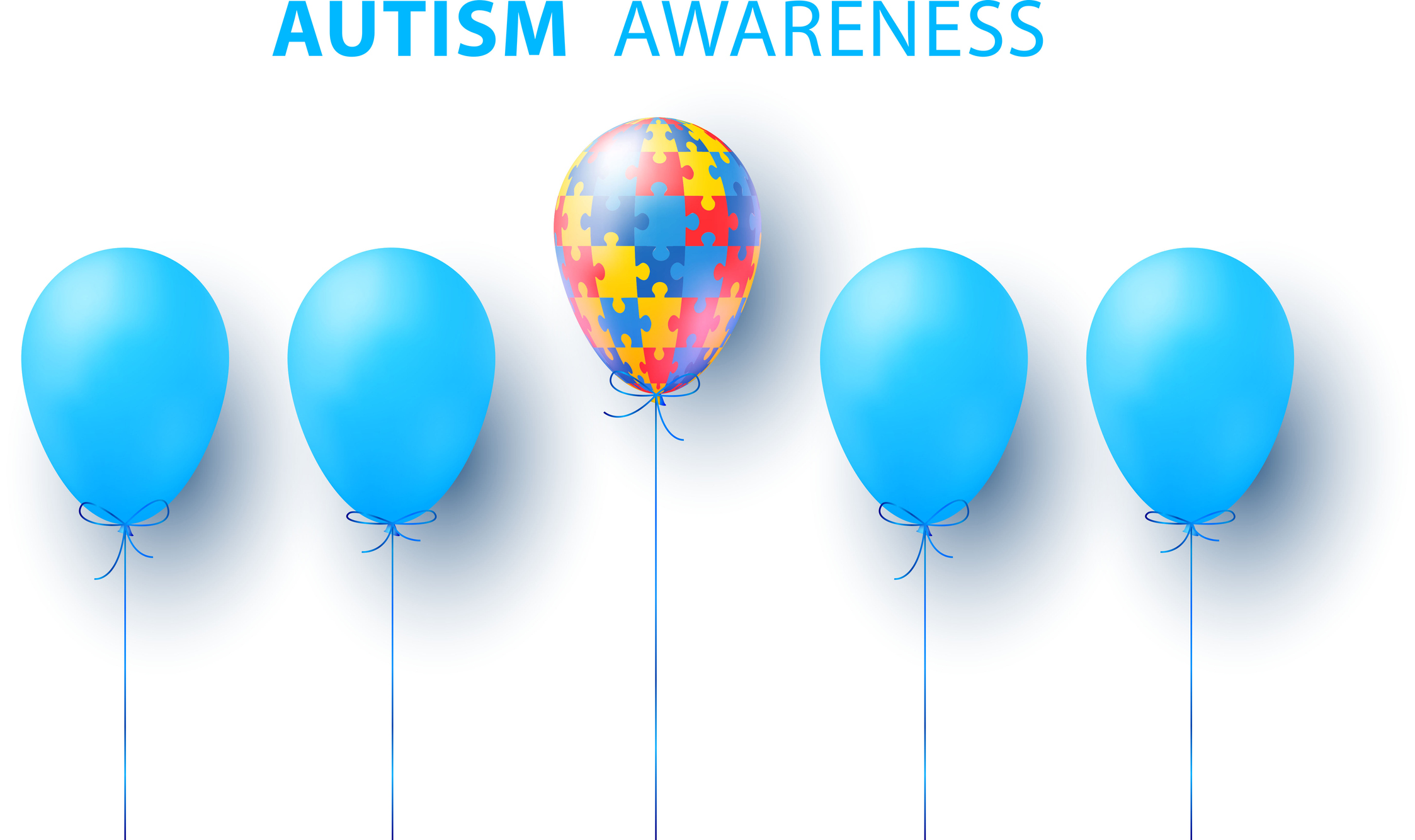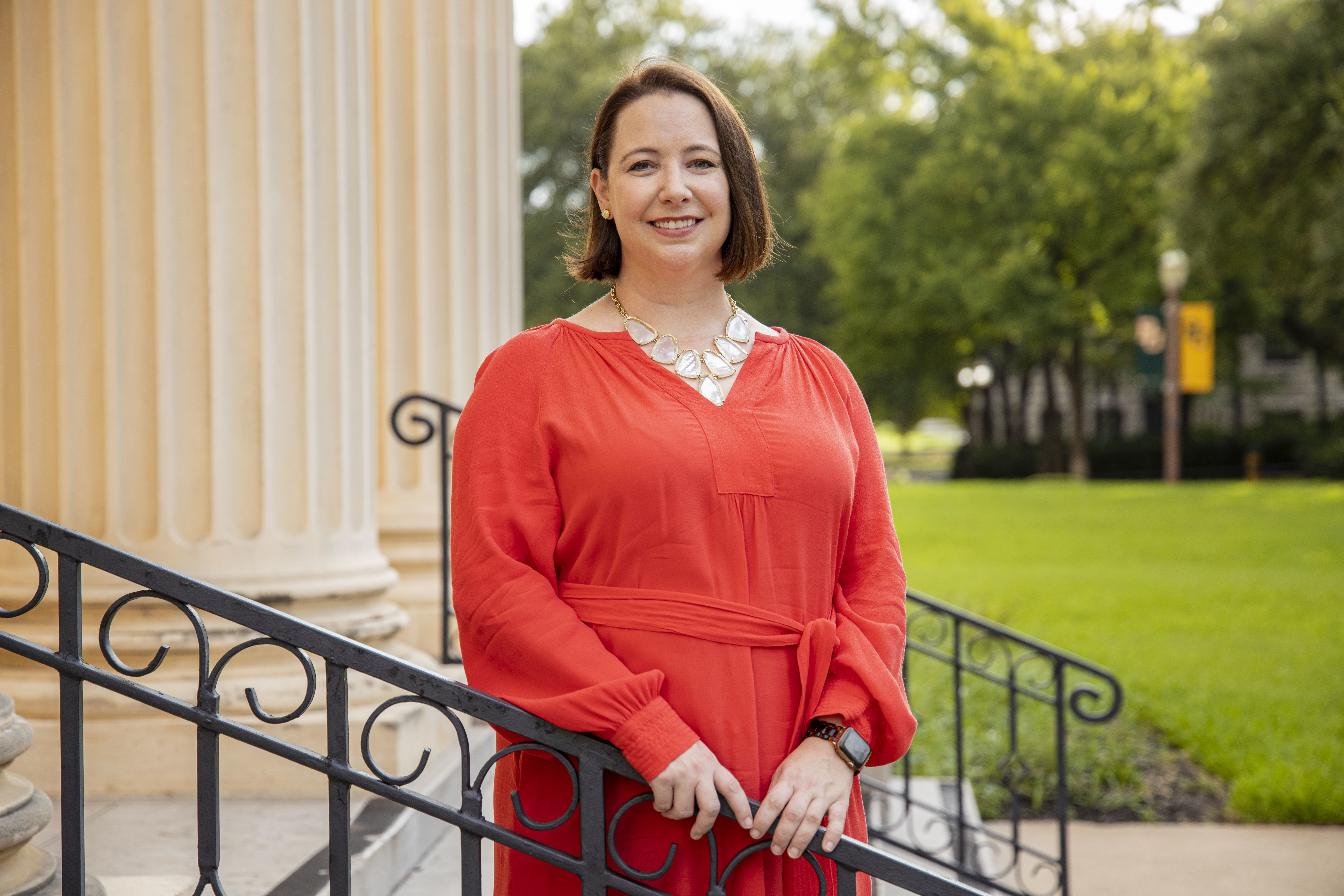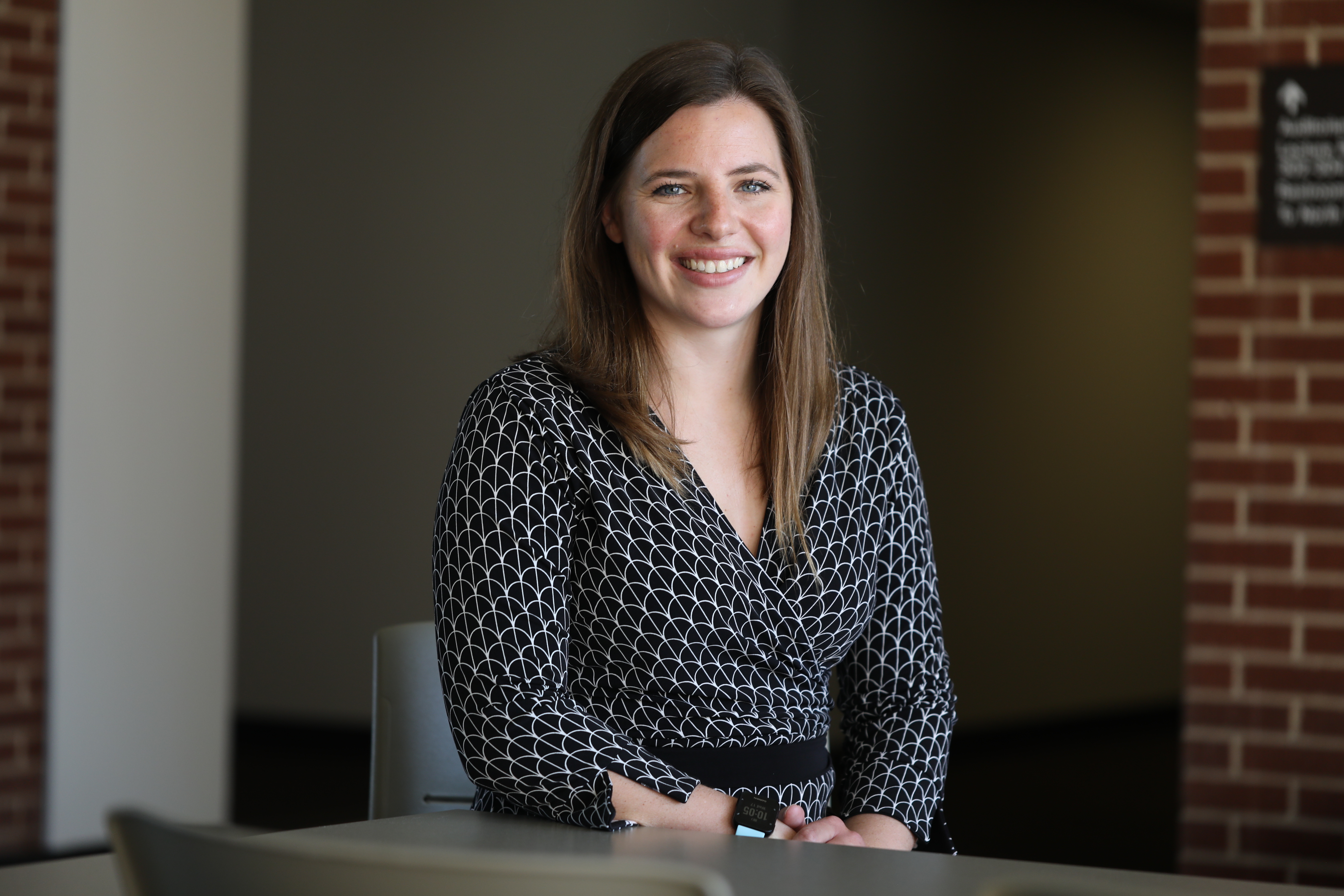Baylor Researchers Earn Autism Grant Awards from Texas Higher Education Coordinating Board
Awards provide over $800,000 in funding to provide Texas parents and teachers with behavioral intervention training
Media Contact: Lori Fogleman, Baylor University Media and Public Relations, 254-709-5959
Follow us on Twitter: @BaylorUMedia
By Derek Smith, Baylor University Marketing & Communications
WACO, Texas (March 31, 2021) – As National Autism Awareness Month begins in April, two Baylor University School of Education faculty members have received grant awards from the Texas Higher Education Coordinating Board (THECB) to fund research and training in behavioral intervention practices that improve outcomes for children with autism.
Tonya Davis, Ph.D., BS ’02, MS ’04, professor of educational psychology and director of the special education program in the Baylor School of Education, was awarded a $474,843 grant to provide intervention training to teachers who serve students with autism in kindergarten through 12th grade. Stephanie Gerow, Ph.D., assistant professor of special education, was awarded a $369,699 grant to provide intervention training to parents.
“Dr. Davis and Dr. Gerow are making a significant impact by advancing wellness for children with developmental disabilities through these important grants,” said Shanna Hagan-Burke, Ph.D., dean of Baylor School of Education. “While Texas children do receive services, outcomes can be greatly improved when parents are able to maintain the consistency of behavioral therapy in the home. Through these research grants, these faculty are advancing the mission of the School of Education and the University by training new leaders — both teachers and parents — to expand and improve the education of children with developmental disabilities.”
The research projects funded by the THECB will focus on equipping parents and teachers with evidence-based intervention training to further help children with autism. Davis and Gerow are experts and researchers in applied behavior analysis, a learning practice based on the science of behavior that guides practitioners to improve outcomes for children with developmental disabilities like autism.
Evidence-based interventions have a proven impact on social, emotional, behavioral and educational trajectories. They also require training and time for parents and teachers to learn and implement effectively—a gap Davis’ and Gerow’s research will bridge.
Davis’ research through the grant will serve over 300 Texas special education teachers through synchronous and asynchronous online training of evidence-based interventions in cohorts of 20 to 25. Additionally, they will meet with Baylor faculty weekly to discuss successes and barriers to implementation of the strategies in the classroom.
“Teachers have to learn how to do so many things,” Davis said. “Just to be certified, a special education teacher in Texas has to learn to work with every age group from 3 to 21, and learn how to work with every disability served by special education. In the classroom, teachers’ plates are incredibly full. We’re excited to invest, through this project, in a group of people who care so much about their students.”
Through the grant, the THECB also will cover the cost of substitute teachers for participating special education teachers. Additionally, they will meet with Baylor faculty weekly to discuss successes and barriers to implementation of the strategies in the classroom.
“It’s a service for the teachers, but we’re also gathering data constantly to see what’s working and how we can improve implementation of the training,” Davis said. “The better we can serve the teacher, the better the outcomes for their students.”
Parents of children with autism will benefit from Gerow’s THECB grant. Gerow and other Baylor postdoctoral researchers, research assistants, and faculty will work with families over a two-month period to provide training in evidence-based practices for children with autism. In a virtual, telehealth environment, researchers will interact with family members in a variety of situations to coach them in the practice of evidence-based strategies.
“For a family we work with, the session might look like parents sitting down on the floor or at the dinner table going through routines or playing games,” Gerow said. “We coach parents to implement these practices within their family routine and home life. We are very excited about this model because we can actually watch them interact virtually and provide feedback in real time.”
This grant marks the third awarded to Gerow through the THECB to provide caregiver coaching. With a combined value of over $860,000, the three grants provide telehealth training to over 300 Texas families. In addition to providing for the training sessions themselves, Gerow and Baylor researchers will study the overall efficacy of the program, with regular assessments to evaluate the developmental gains for children.
As the state’s highest authority in matters of higher education, the THECB coordinates and promotes research that meets the needs of a growing state. With recent Centers for Disease Control and Prevention (CDC) estimates that one in 54 U.S. children meets ASD criteria, Gerow and Davis are providing needed services to families and the people who serve them.
This work was supported in whole or in part by a grant from the Texas Higher Education Coordinating Board (THECB). The opinions and conclusions expressed in this document are those of the author(s) and do not necessarily represent the opinions or policy of the THECB.
ABOUT BAYLOR UNIVERSITY
Baylor University is a private Christian University and a nationally ranked research institution. The University provides a vibrant campus community for more than 19,000 students by blending interdisciplinary research with an international reputation for educational excellence and a faculty commitment to teaching and scholarship. Chartered in 1845 by the Republic of Texas through the efforts of Baptist pioneers, Baylor is the oldest continually operating University in Texas. Located in Waco, Baylor welcomes students from all 50 states and more than 90 countries to study a broad range of degrees among its 12 nationally recognized academic divisions.
ABOUT BAYLOR SCHOOL OF EDUCATION
For more than 100 years, Baylor educators have carried the mission and practices of the School of Education to classrooms and beyond as teachers, leaders in K12 and higher education, psychologists, academics/scholars and more. With more than 50 full-time faculty members, the school’s growing research portfolio complements its long-standing commitment to excellence in teaching and student mentoring. Baylor’s undergraduate program in teacher education has earned national distinction for innovative partnerships with local schools that provide future teachers deep clinical preparation, while graduate programs culminating in both the Ed.D. and Ph.D. prepare outstanding leaders, teachers and clinicians through an intentional blend of theory and practice. Visit www.baylor.edu/SOE to learn more.


